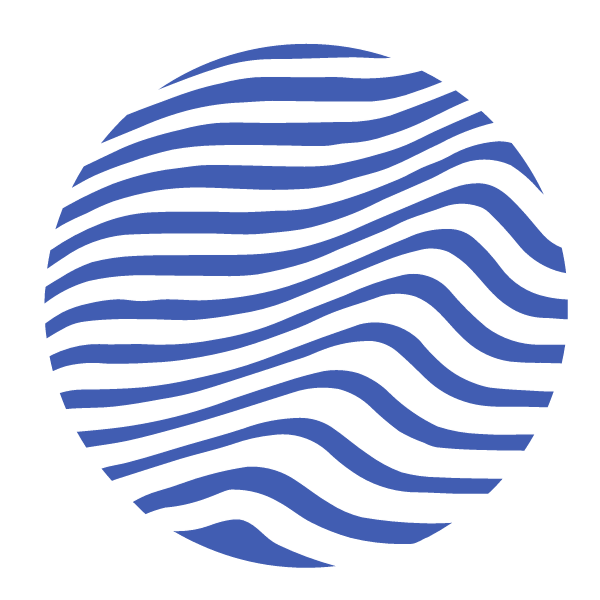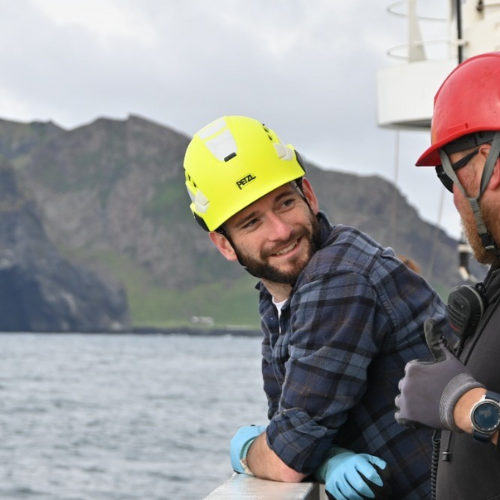Meet the scientists
Coastal Carbon is a collaborative research project including partners from different research institutes and universities. Get to know the Coastal Carbon team and contact us with your questions.

Filip Meysman
Principle investigator
Professor Filip Meysman is the coordinating principal investigator. Filip leads the Marine microbiology and geochemistry research group at the Department of Biology at the University of Antwerp.
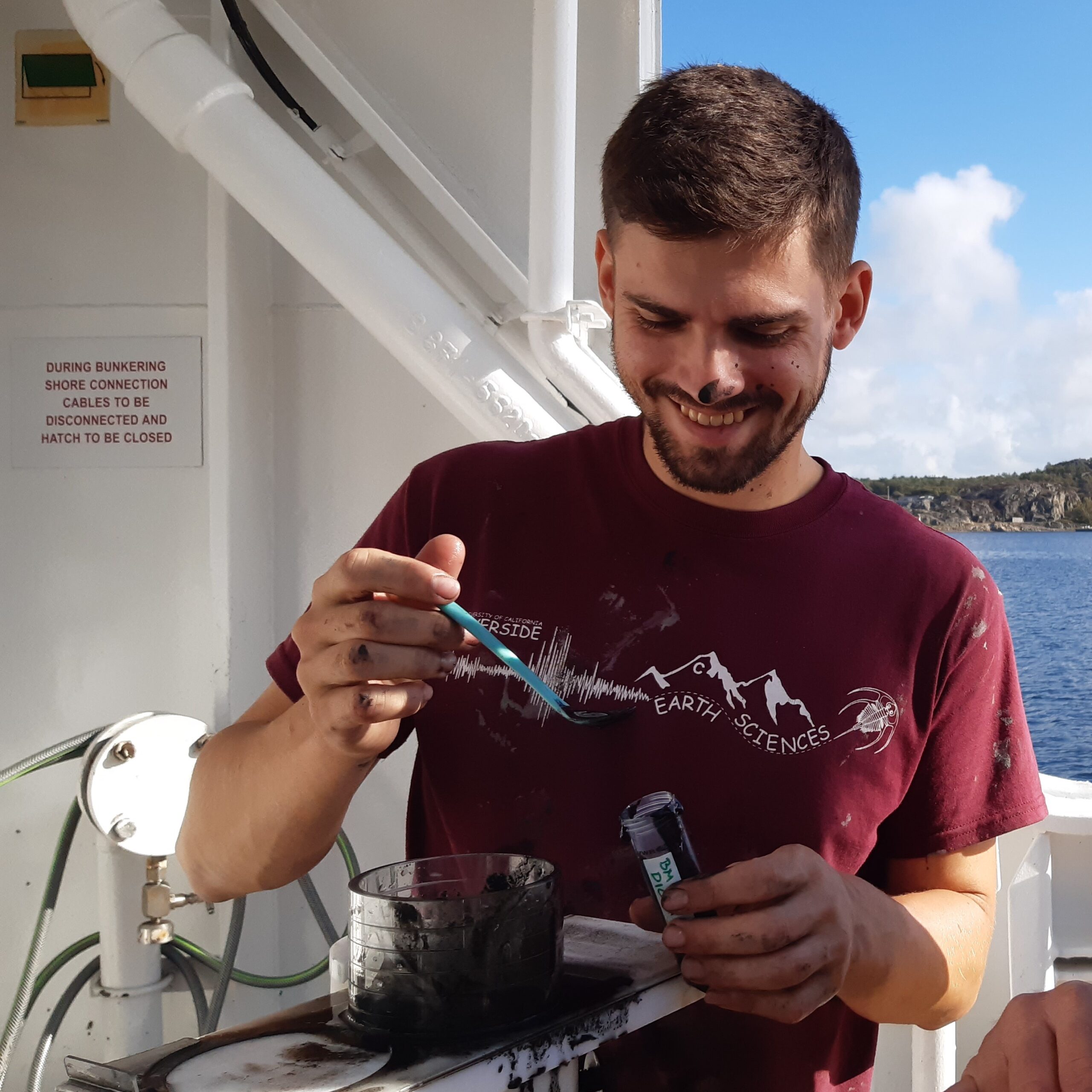
Sebastiaan Van De Velde
Senior scientist
Sebastiaan is senior researcher in the coastal carbon team and coordinator of the DEHEAT project. He studies the water-column and seafloor chemistry of carbon and iron (amongst others) by combining theoretical models with field studies and experimental incubations. Within the coastal carbon team he leads the biogeochemistry lab.
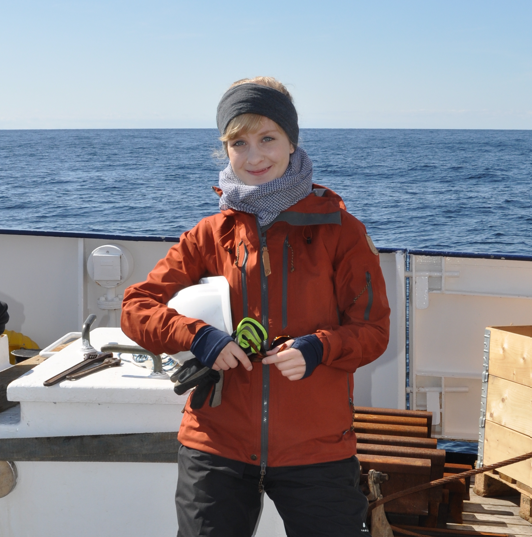
Astrid Hylén
Postdoctoral fellow
Astrid investigates the sedimentary production and consumption of alkalinity in coastal ecosystems. She uses field studies, laboratory experiments and modeling to determine how these processes impact the ocean’s carbon cycle.
E-mail
Google.scholar
ResearchGate
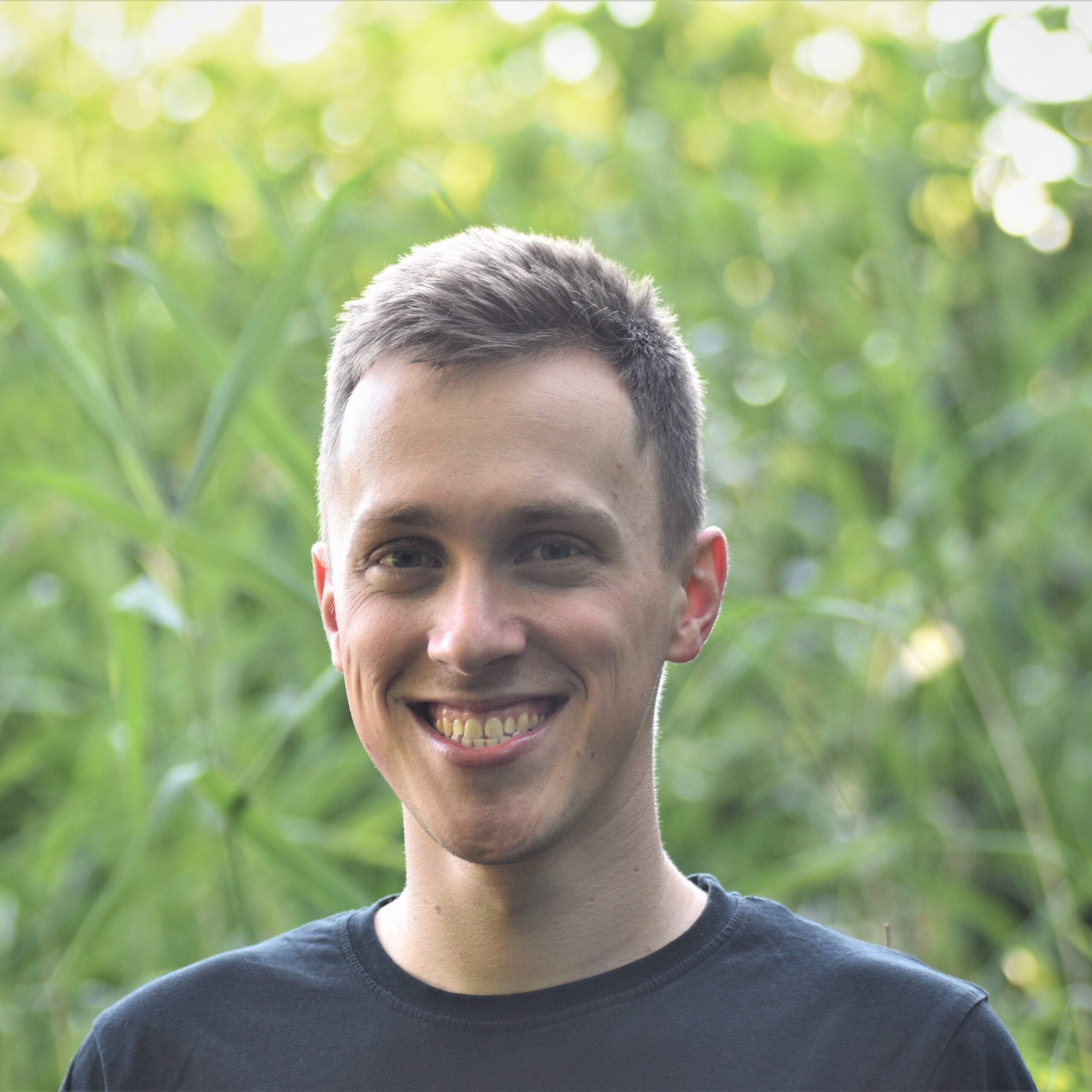
Gunter Flipkens
Postdoctoral fellow
As postdoctoral fellow Gunter works on the Blue Carbon project, studying both carbonate-based and pyrite-based ocean alkalinization.
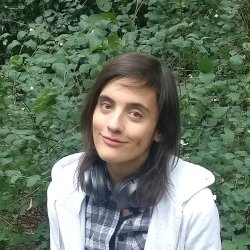
Luna Geerts
PhD student
Luna focusses on sensitivity analyses and is building a model framework, this allows us to quantitatively predict the potential of coastal enhanced silicate weathering in removing CO2.
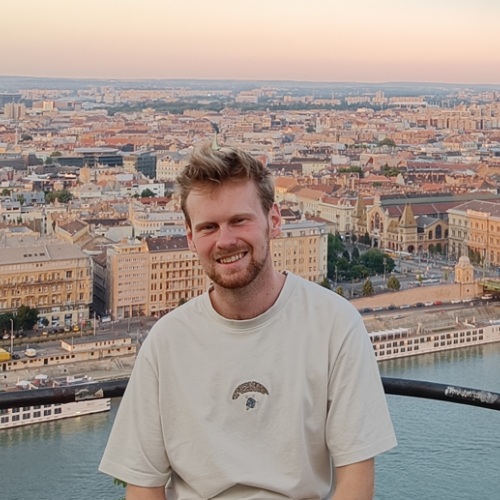
Benjamin Van Heurck
PhD student
Benjamin is a MSc in Biology with a specialization in global change with additional expertise in microbiology and metagenomics. He started as a research assistant operating the mesocosm setup. Today he works as a PhD researcher on the role of macrofauna and microbiota with regards to olivine weathering.
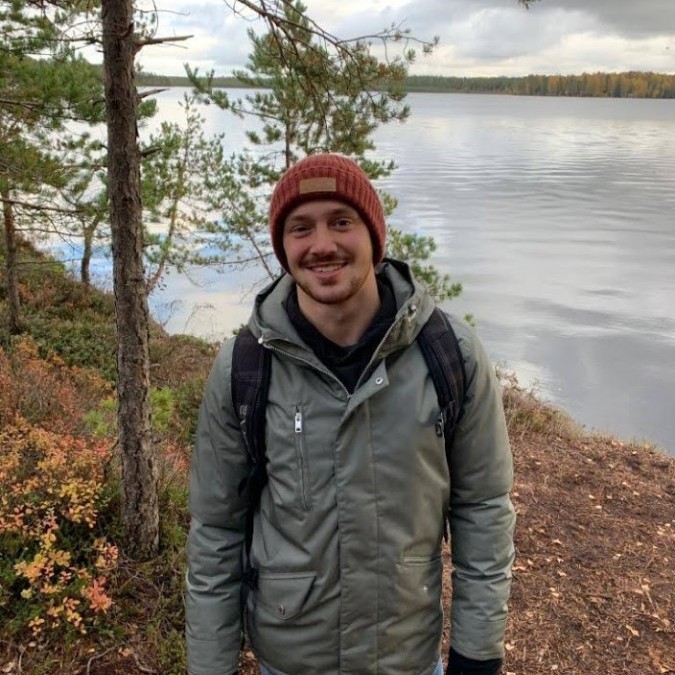
Tom Huysmans
PhD Student
After graduating as chemical engineer and biologist, Tom focuses on his PhD research on the alkalinity release by pyrite formation.
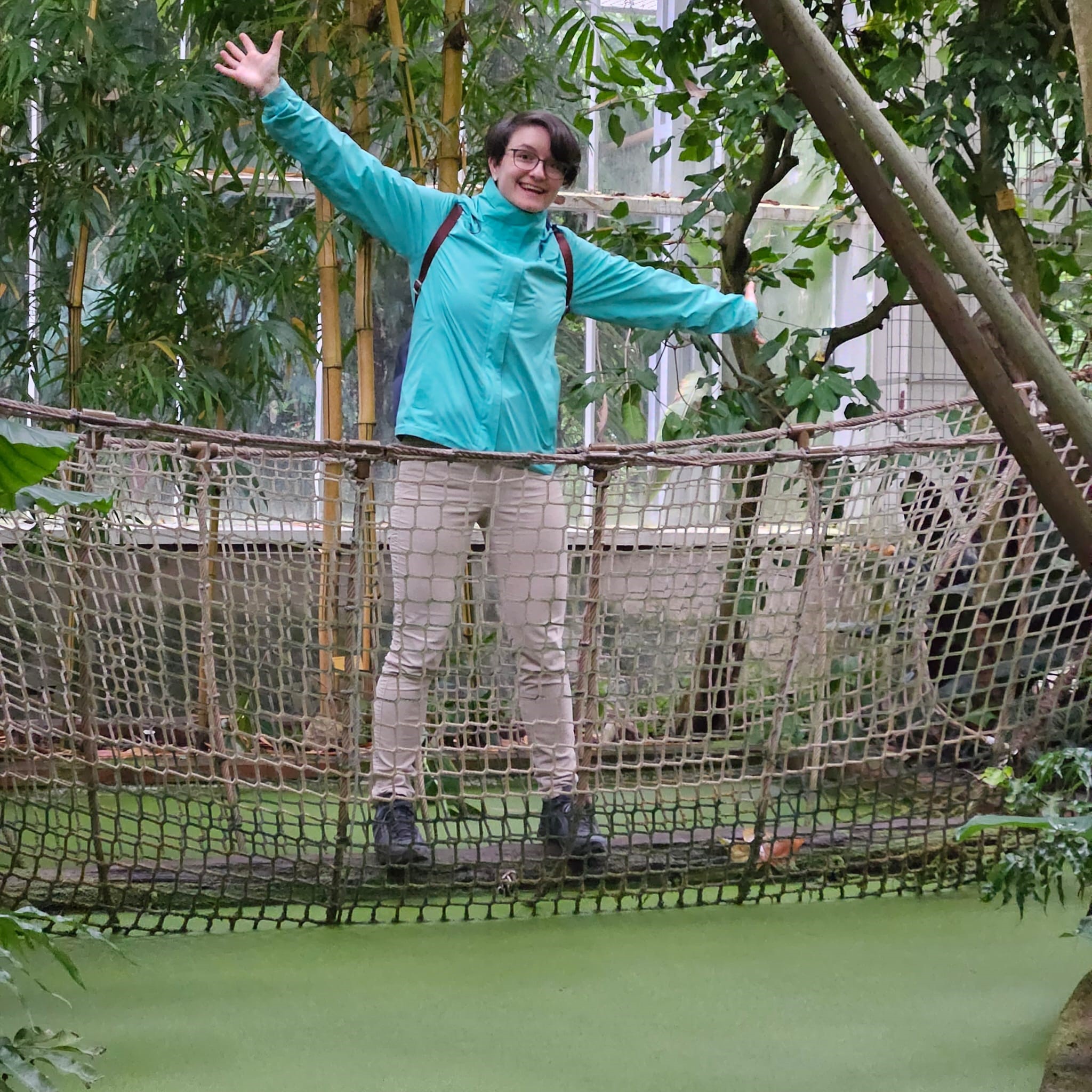
Greet Lembregts
Technical engineer
Lab technician Greet runs the lab at the University of Antwerp, manages analysis of all alkalinity and DIC samples and performs sampling and in-situ measurements at the Mesocosms test facility.
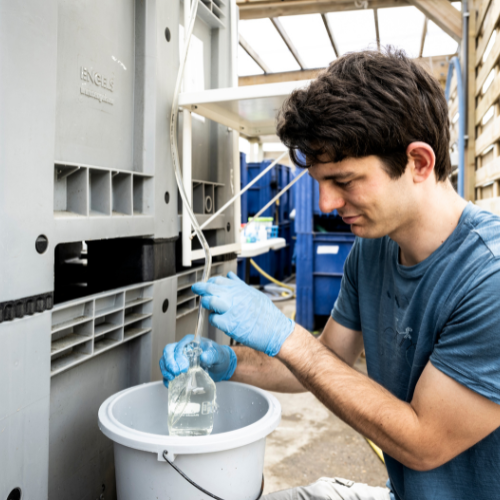
Saïd De Wolf
Technical engineer
As data engineer is responsible for the updating and maintaining the database of the Mesocosms test facility. Saïd also performs sampling and in-situ measurements at the Mesocosms test facility and during the Iceland fieldtrip.

Fran Lauriks
Project manager
As project manager Fran oversees everyday activities.
Coastal carbon alumni
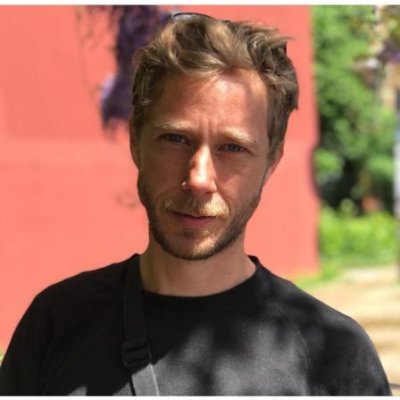
Matthias Kreuzburg
Matthias is fascinated by the biogeochemical processes, solute fluxes and flow paths between the terrestrial and the marine environment and across the sediment water interface. As a post-doctoral researcher he was part of the Coastal Carbon team from 2021 to 2023 during which he focused on pore water processes and the field experiment in Hawaii.
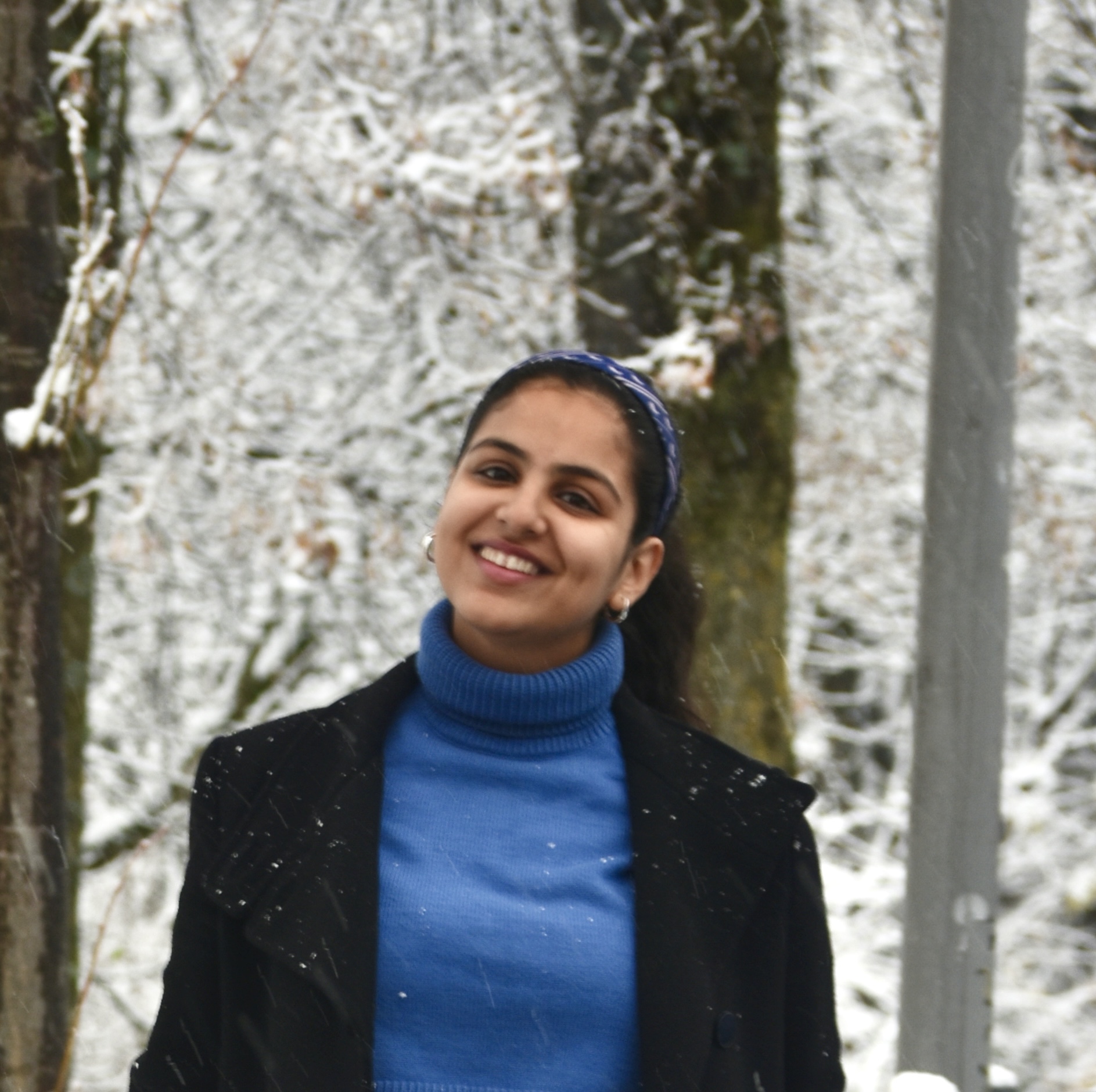
Nayan Gosain
Nayan focusses on studying the geochemistry of enhanced silicate weathering in coastal ocean alkalinization and focusses on the efficiency of this Carbon Dioxide Removal method to accelerate the drawdown of carbon dioxide in oceans.

Diana Vasquez Cardenas
Diana works at the interface of microbiology, geochemistry, and ecology to investigate the microbial communities living in coastal sediments. As senior scientist in the coastal carbon team she investigates if and how microbial communities can alter silicate weathering rates.
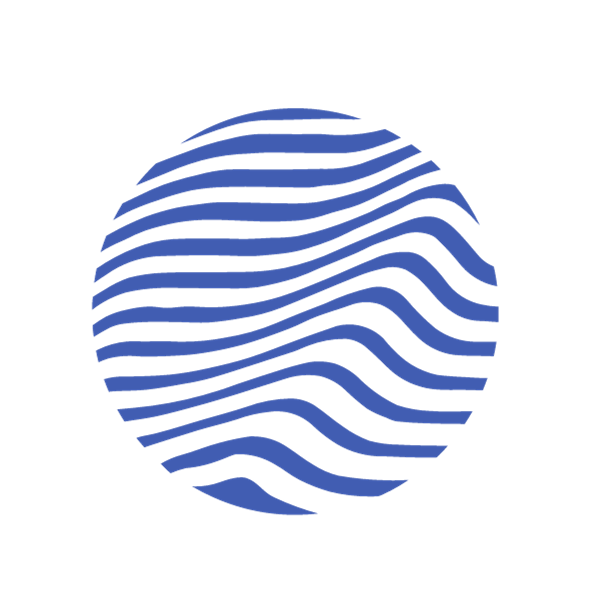
Coastal Carbon groups all coastal ocean alkalinization projects of the Geobiology research group at the University of Antwerp. We investigate natural processes that drive ocean alkalinity content and explore how ocean alkalinity can be increased to stimulate the ocean’s CO₂ storage capacity.
© 2024 Coastal Carbon | Privacy statement
